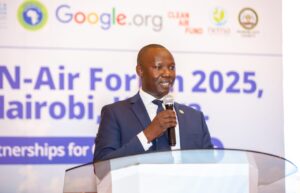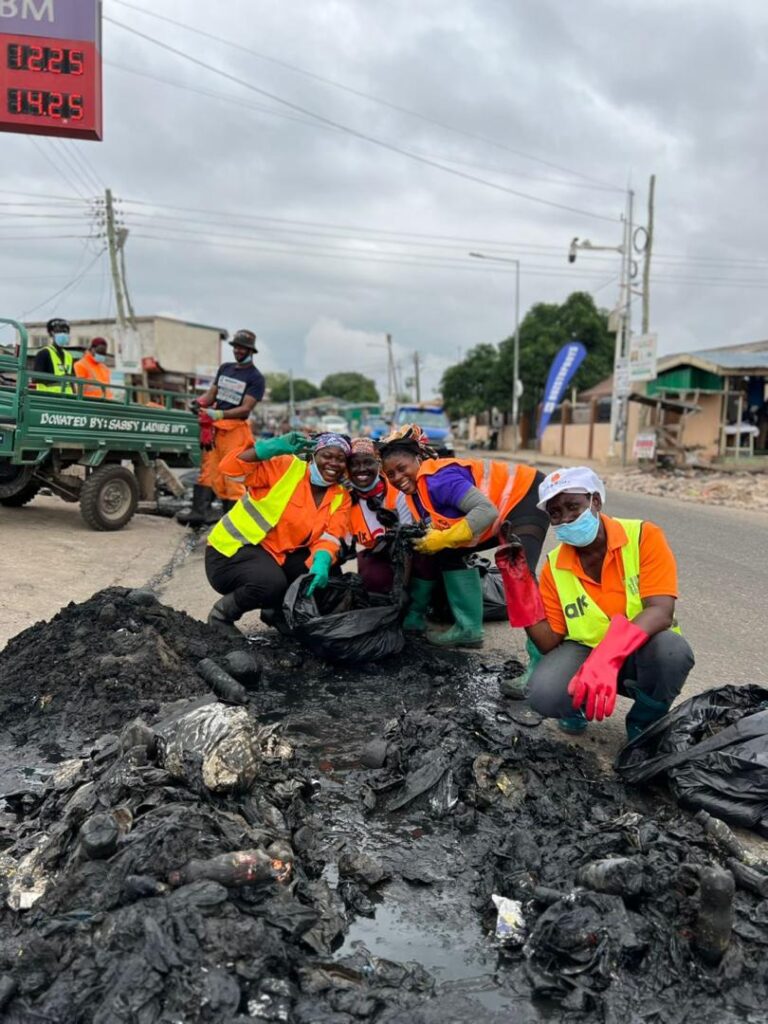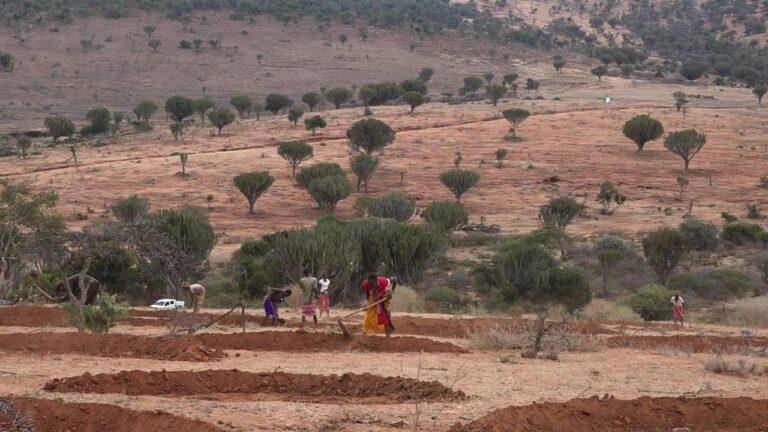Global environment champions are all together calling for urgent measures to scale down air pollution in a bid to maintain a healthy ecosystem on the continent.
Nairobi City Wednesday took center stage in Africa’s growing push for clean urban environments as it hosted Day 2 of the Clean Air Forum 2025 at the Safari Park Hotel, under the theme “Partnerships for Clean Air Solutions.”
Delivering the opening keynote address for the day’s session on Air Quality Monitoring and Data Ecosystems, Nairobi County’s CECM for Mobility and Works, Ibrahim Nyangoya Auma, sounded a clarion call to stakeholders across the continent: “No government can manage what it cannot measure.”
Auma highlighted that air pollution remains a pressing but often underreported public health crisis in African cities. He pointed out the critical role of real-time, location-specific, and publicly accessible data in shaping policy and action plans to combat air pollution.
“Closing Africa’s air quality data gap is not a luxury—it is a development imperative,” Auma asserted.
The keynote emphasized the convergence of emerging technologies and the urgent need for partnerships. From low-cost air sensors and satellite-based monitoring to artificial intelligence and machine learning. He further underscored that innovation alone is insufficient without collaboration.
He outlined Nairobi City County’s ongoing efforts to build a city-owned, decentralized, and transparent air quality data ecosystem, supported by regulations anchored in the Nairobi City County Air Quality Act, 2022. This system aims to empower citizens and inform decision-making across sectors.
In particular, Auma pointed to the alignment between air quality data and urban mobility strategies, citing Nairobi’s push for electrified transport, expanded non-motorized transport infrastructure, and traffic decongestion as key components in the clean air transition.
“Air quality is not a stand-alone issue,” he said. “It is deeply connected to land use, waste management, housing, transport, and even digital governance.”
Auma, went ahead to urge delegates to adopt three key commitments:

1. Collaborate boldly, acknowledging that no single actor can solve the crisis alone.
2. Invest smartly, focusing on scalable innovations and local data ownership.
3. Act urgently, because the cost of inaction is measured in lives, livelihoods, and lost opportunity.
The Clean Air Forum 2025 continues to convene decision-makers, scientists, city leaders, and innovators from across Africa and beyond, all committed to transforming how the continent understands and addresses air pollution.



